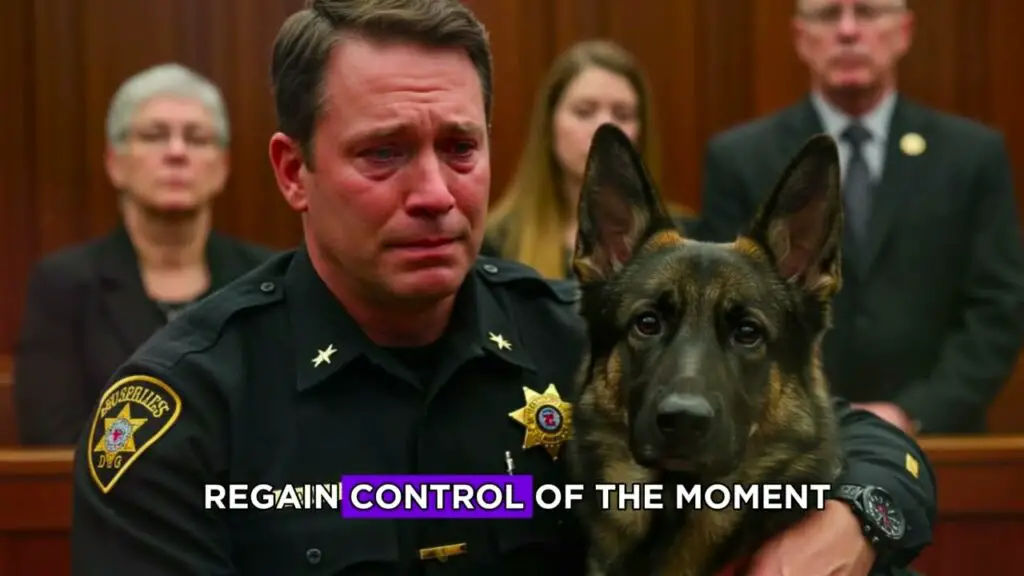Victor Kovac was ten the day he begged a stranger for water. His mother was sick, their pipes had burst, and he was terrified. Instead of helping, the man insulted him and slammed the door in his face. That moment changed everything. Hours later, child services arrived, and Viktor was taken from his mother. She died a few months later.
Victor’s life had already been marked with struggle and loses. He also lost his father when he was very young, and his mother worked tirelessly, sometimes even three jobs, in order to be able to provide him with the life she wanted him to experience.
Sadly, cleaning offices for hours took toll on her health, and she soon fell sick. Victor did his best to help her despite his age.
And that morning when the pipes burst, the young boy panicked. There was no water in the house and his mom had to take her meds. So he ran to the largest house on the street carrying a glass. The man who opened the door listened just long enough to mock Victor and insult his father who died years prior. He even accused his family of being “the type who begs” and threatened to call the police.
Not longer after, child services knocked on Victor’s door and took him away from his mother, who sadly passed away shortly after.
In the years to come, Victor poured himself into school, determined to build a steady life for himself. He attended medical school and dreamt of becoming doctor who would help everyone in need of help. He wanted no child to ever experience the life he had when he was young. Eventually, he became a respected doctor everyone admired.
In medical school, he met Sofia. She was a kind student who made him feel safe.
When she invited him to dinner to meet her parents, he agreed without hesitation, and everything seemed just fine until they arrived. Standing before him was the mansion from his childhood nightmare. And the man at the door was Adrian, the same man who refused him water when he desperately needed it.
Victor tried to stay composed, but when Adrian poured him a glass of water at dinner, something inside him cracked. He quietly told the entire story. Adrian froze. Then, in an almost surreal twist, he began choking.
Sofia screamed for Victor to help. He hesitated for a single heartbeat, just long enough to recognize the irony, and then acted. He saved Adrian’s life.
Days later, Adrian found Victor at his mother’s grave to apologize. He admitted what he had done was cruel.
Victor didn’t forgive him fully, he simply couldn’t, but he chose not let hate define who he was. “My mother didn’t raise me to become someone like you,” he told Adrian while Sofia and her mother watched from the distance.
Victor realized that the moment he saved Adrian, the man who ruined his life, he saved a part of himself, too. A part that still believed in kindness and forgiveness.
Please SHARE this article with your family and friends on Facebook.
Bored Daddy
Love and Peace



































